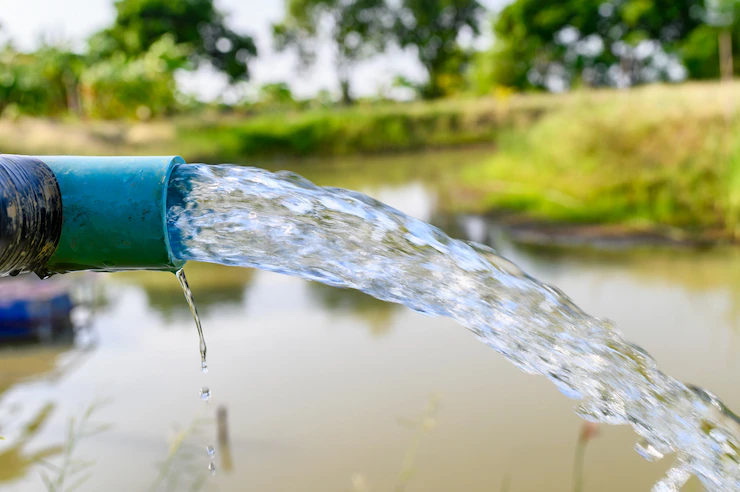Implementing sustainable irrigation practices is essential for maximizing water efficiency and minimizing water waste in agricultural and landscaping systems. Here are some key practices to consider:
- Smart Irrigation Systems: Upgrade to smart irrigation systems that utilize weather data, soil moisture sensors, and evapotranspiration rates to determine precise watering schedules. These systems automatically adjust irrigation based on real-time conditions, preventing overwatering and optimizing water usage.
- Drip Irrigation: Switch from traditional overhead sprinklers to drip irrigation systems. Drip irrigation delivers water directly to the roots of plants, minimizing evaporation and runoff. It is more efficient, as it provides water only where it is needed.
- Soil Moisture Monitoring: Install soil moisture sensors to measure the moisture content at various depths in the soil. This data helps determine the irrigation needs of the plants accurately, preventing both over and under-irrigation.
- Mulching: Apply organic mulch around plants to reduce evaporation and maintain soil moisture. Mulch acts as a barrier, preventing water loss from the soil surface and protecting plant roots from temperature extremes.
- Crop Selection and Rotation: Opt for crops that are well-suited to the local climate and require less water. Consider implementing crop rotation practices to improve soil health and reduce water demand. Rotating between water-intensive and drought-tolerant crops can help manage water resources effectively.
- Water-Efficient Landscaping: Design landscapes with water-efficient principles in mind. Incorporate native and drought-tolerant plants that require less water. Group plants with similar water needs together to avoid over- or under-irrigation.
- Irrigation Scheduling: Develop a watering schedule that aligns with plant water requirements, weather conditions, and evapotranspiration rates. Avoid watering during the hottest parts of the day when evaporation rates are highest. Split the irrigation into multiple shorter cycles to allow better absorption by the soil.
- Rainwater Harvesting: Install rainwater collection systems to capture and store rainwater for later use in irrigation. This reduces reliance on freshwater sources and provides a sustainable water supply during dry periods.
- Maintenance and Inspection: Regularly inspect and maintain irrigation systems to ensure they are functioning optimally. Repair leaks, clogs, or damaged components promptly to minimize water loss.
- Education and Training: Provide education and training to farmers, landscapers, and homeowners about sustainable irrigation practices. Promote awareness about water conservation techniques and the benefits of efficient irrigation systems.
By implementing these sustainable irrigation practices, water efficiency can be significantly improved, leading to reduced water consumption, cost savings, and a more environmentally responsible approach to water management.
Join 'Farmers Mag' WhatsApp Channel
Get the latest Farming news and tips delivered straight to your WhatsApp
CLICK HERE TO JOIN






